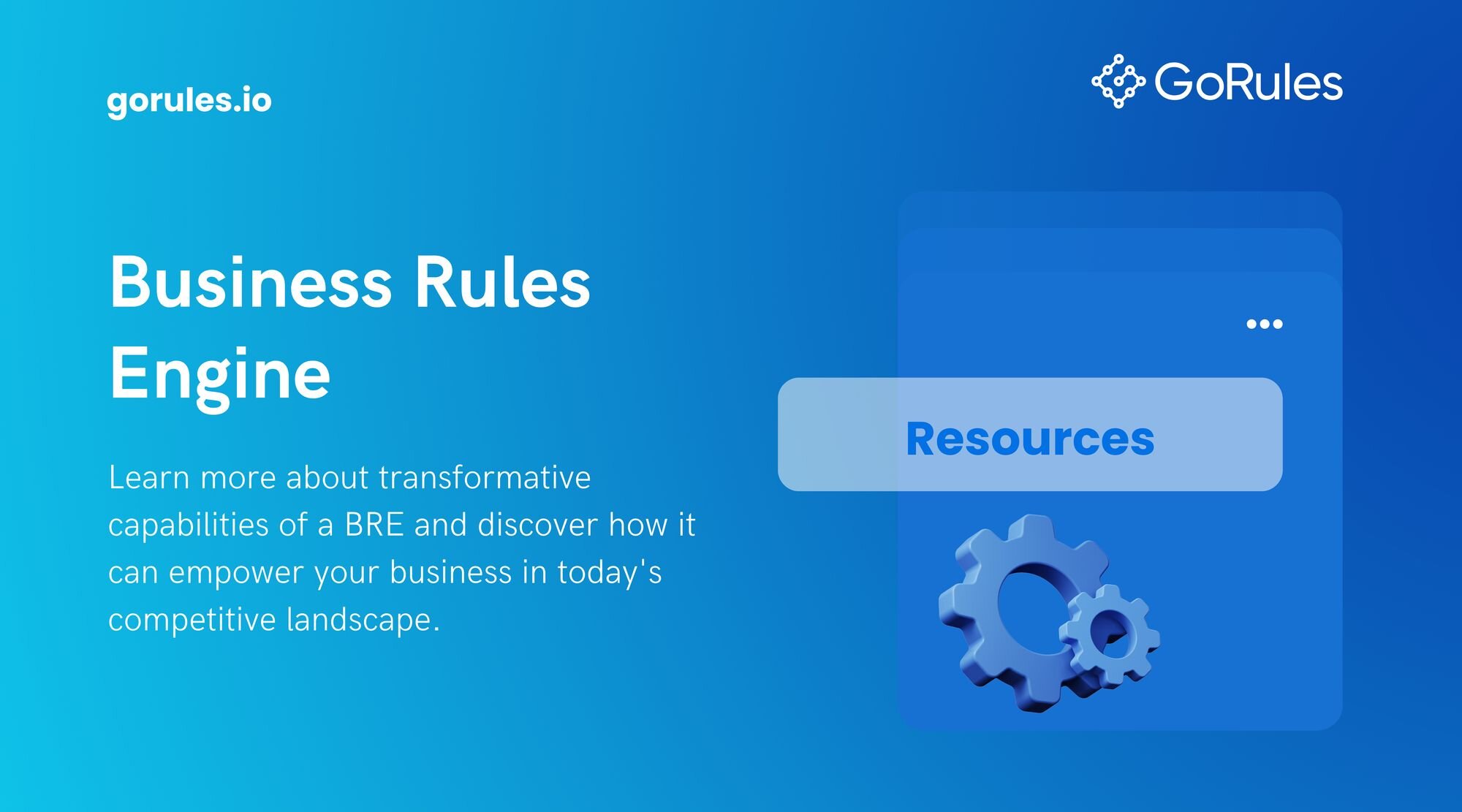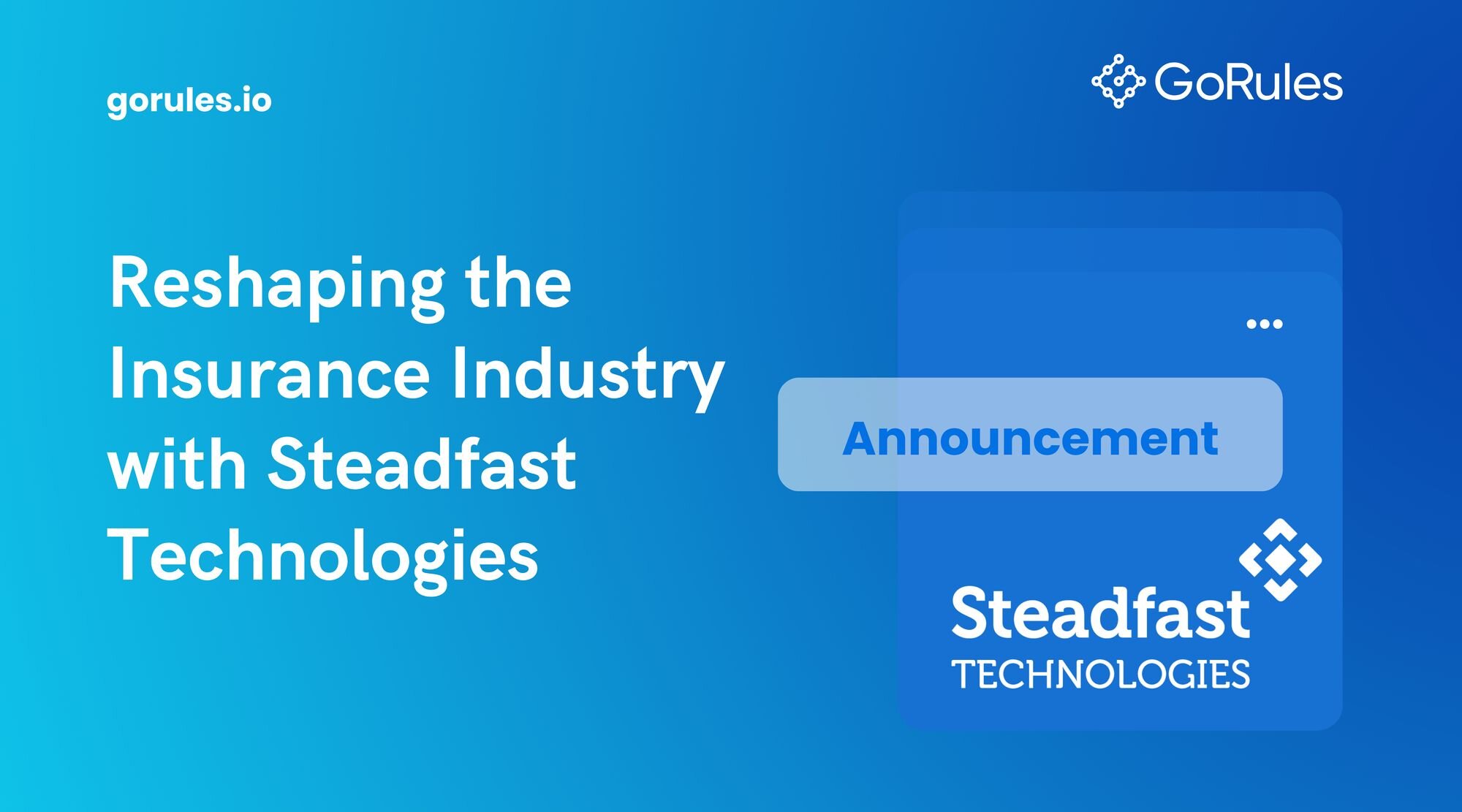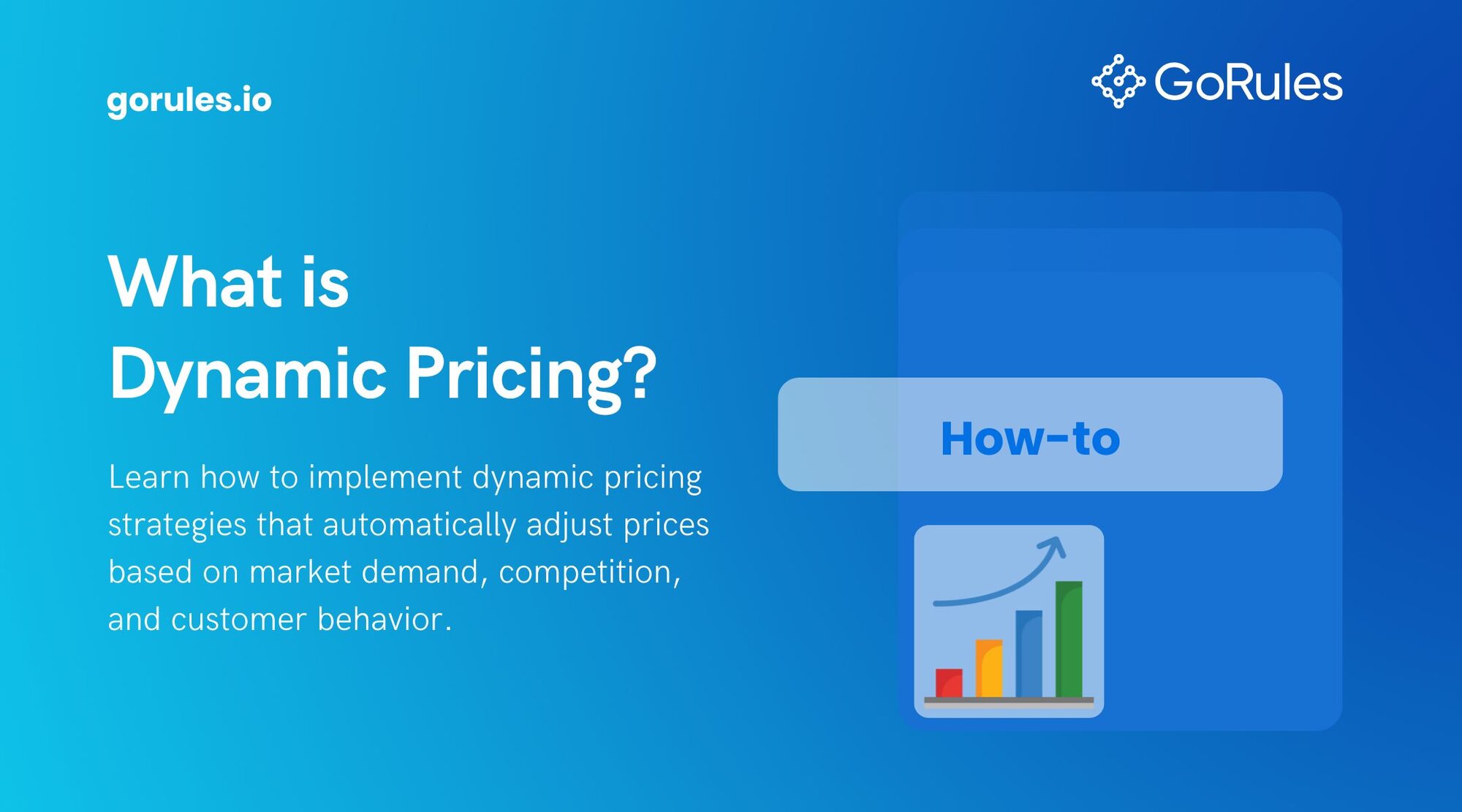What is a Business Rules Engine?
Join us as we delve into the transformative capabilities of a BRE and discover how it can empower your business in today's competitive landscape.

In the dynamic world of business, organizations constantly face the challenge of optimizing their operations, minimizing errors, and making well-informed decisions in a timely manner. Fortunately, there exists a powerful solution that can revolutionize how businesses tackle these challenges by using the Business Rules Engine (BRE). This blog post will guide you on a journey to grasp the tremendous potential of a BRE and how it can unlock efficiency, flexibility, and accuracy within your organization. Join us as we delve into the transformative capabilities of a BRE and discover how it can empower your business in today's competitive landscape.
Understanding the Business Rules Engine
BRE, short for Business Rule Engine, is a powerful software tool designed to empower organizations in defining, executing, and overseeing business rules with automation and consistency. These rules play a vital role in governing different aspects of an organization's operations, such as data validation, policy enforcement, workflow orchestration, and decision automation. Unlike rigid and fixed rules typically coded into software, a BRE provides unparalleled flexibility in managing rules, enabling businesses to effortlessly adapt to evolving requirements.
Streamlining Operations and Enhancing Accuracy
Implementing a BRE can bring forth a multitude of benefits, transforming your organization's decision-making processes and operational efficiency.
Revenue Optimization
The rules engine enables the automation of personalized recommendations, targeted promotions, and dynamic pricing strategies based on customer behavior and preferences. By continuously analyzing real-time data, you can make data-driven decisions and deliver relevant offers and pricing to maximize revenue.
Decision Automation
A BRE automates complex decision-making processes, ensuring consistent and accurate execution of rules across the organization. Elimination manual intervention, reduction of human error, improved operational efficiency are just some of the benefits of a successful BRE implementation into the company workflows.
Compliance and Risk Management
Compliance with industry regulations and risk mitigation are paramount for organizations. A BRE allows businesses to codify and enforce regulatory requirements and risk mitigation strategies as part of their rule set. This ensures adherence to legal and ethical standards, minimizing the risk of non-compliance and associated penalties.
Cases: Unleashing the Power of a BRE
The versatility of a Business Rules Engine allows its application across various industries and business domains. Let's explore a few compelling use cases:
Fintech Industry
Individuals with a background in business rules engines can leverage their knowledge to streamline processes and gain key benefits. They can utilize rules engines for fraud detection, risk management, loan origination, customer service, and payment processing. This allows for real-time identification of fraudulent activities, adherence to regulatory compliance, expedited loan approvals, enhanced customer service experiences, and secure payment transactions.
You may also use rules engine to improve revenue operations in fintech by optimizing various aspects such as FX markups, fees, and cashback programs. Enabling you to create a personalized pricing strategies, tailored cashback programs, and efficient fee management.
E-commerce and Retail
In the realm of e-commerce and retail, a Business Rules Engine (BRE) proves invaluable in optimizing pricing strategies, promotions, and inventory management. Through the establishment of pricing rules that consider factors like demand, competition, and profit margins, businesses can dynamically adapt prices to maximize revenue and enhance customer satisfaction. Moreover, by implementing inventory management rules, automated replenishment decisions are made, maintaining optimal stock levels and mitigating the risks associated with stockouts or overstocking.
Insurance Industry
In the insurance sector, a BRE can automate policy underwriting, claims processing, and fraud detection. By codifying underwriting rules, a BRE enables insurers to assess risks accurately and determine appropriate premiums. Automated claims processing ensures faster and more accurate settlement, while fraud detection rules help identify suspicious activities, minimizing losses due to fraudulent claims.
Customer Relationship Management (CRM) systems
One of the key areas where a BRE can make a significant difference is in automating and standardizing customer service processes. With a BRE integrated into the CRM system, businesses can define and enforce rules that govern customer interactions, such as response times, escalation procedures, and routing mechanisms. This ensures consistent and efficient handling of customer inquiries, leading to improved response rates and quicker resolution times.
Digital Experience
Business rules engine can also help you with UX personalization across multiple channels. You may define rules for displaying dynamic content and customised journeys for customers based on their data. For instance, a BRE can analyze customer purchase history and preferences to generate personalized product recommendations or tailor marketing messages based on individual customer profiles. This level of personalization fosters stronger customer relationships, improves engagement, and increases customer loyalty.
Implementing a BRE: Key Considerations
Implementing a Business Rules Engine requires careful planning and execution. Here are some key considerations for a successful implementation:
Business Rule Discovery
Collaborate with subject matter experts (SMEs) to identify and document the existing business rules and decision points. This discovery process helps uncover the rules that can be automated using a BRE, leading to significant efficiency gains.
Rule Authoring and Management
Provide intuitive rule authoring tools to enable SMEs to define and modify rules without extensive programming knowledge. A centralized rule repository and management console facilitate easy access, version control, and maintenance of rules throughout their lifecycle.
Overcoming Challenges and Maximizing Benefits
While a Business Rules Engine offers immense benefits, organizations may encounter challenges during implementation. Here are a few common hurdles and their solutions:
- Avoid Vendor Lock-in - Organizations can overcome the challenge of vendor lock-in by opting for an open-source Business Rules Engine, ensuring flexibility and the ability to adapt and evolve independently without being tied to a specific vendor.
- Business-Friendly Rule Authoring: Ultimately, the goal of the implementation will be that both stakeholders and engineers are satisfied with choice. Business experience should be simple, easy-to-understand and safe.
- Start Small, Start Early: Starting early enables organizations to establish a solid foundation, gradually expanding the scope and impact of the rules engine over time, while minimizing disruption and maximizing the return on investment.
Organizational Alignment
Implementing a BRE may require a cultural shift within the organization. It is crucial to communicate the benefits of automation and involve stakeholders early in the process to gain buy-in and foster a culture of change and innovation.
Rule Complexity and Maintenance
As the number of rules increases, complexity and maintenance become challenges. Establish a rule management strategy that includes regular review, documentation, and collaboration between business and IT teams. By investing in ongoing rule maintenance, organizations can ensure accuracy and optimize rule sets for maximum efficiency.
The Future of Business Rules Engines
As technology continues to advance, the future of Business Rules Engines holds exciting possibilities. Here are a couple of emerging trends:
Artificial Intelligence Integration
Integrating AI technologies with a BRE can unlock advanced decision-making capabilities. Machine learning algorithms can analyze vast amounts of data, identify patterns, and provide real-time recommendations, enabling organizations to make data-driven decisions with unparalleled accuracy and agility.
Democratized and Open-source
By embracing open-source, organizations can break free from vendor lock-in, and benefit from continuous innovation. This democratization empowers businesses of all sizes to leverage the flexibility, affordability, and collective wisdom of the open-source community, driving widespread adoption and unlocking the true potential of the Business Rules Engine.
- Understanding the Business Rules Engine
- Streamlining Operations and Enhancing Accuracy
- Revenue Optimization
- Decision Automation
- Compliance and Risk Management
- Cases: Unleashing the Power of a BRE
- Fintech Industry
- E-commerce and Retail
- Insurance Industry
- Customer Relationship Management (CRM) systems
- Digital Experience
- Implementing a BRE: Key Considerations
- Business Rule Discovery
- Rule Authoring and Management
- Overcoming Challenges and Maximizing Benefits
- Organizational Alignment
- Rule Complexity and Maintenance
- The Future of Business Rules Engines
- Artificial Intelligence Integration
- Democratized and Open-source

Reshaping the Insurance Industry with Steadfast Technologies

Building Python Rules Engine: Lambda and S3
